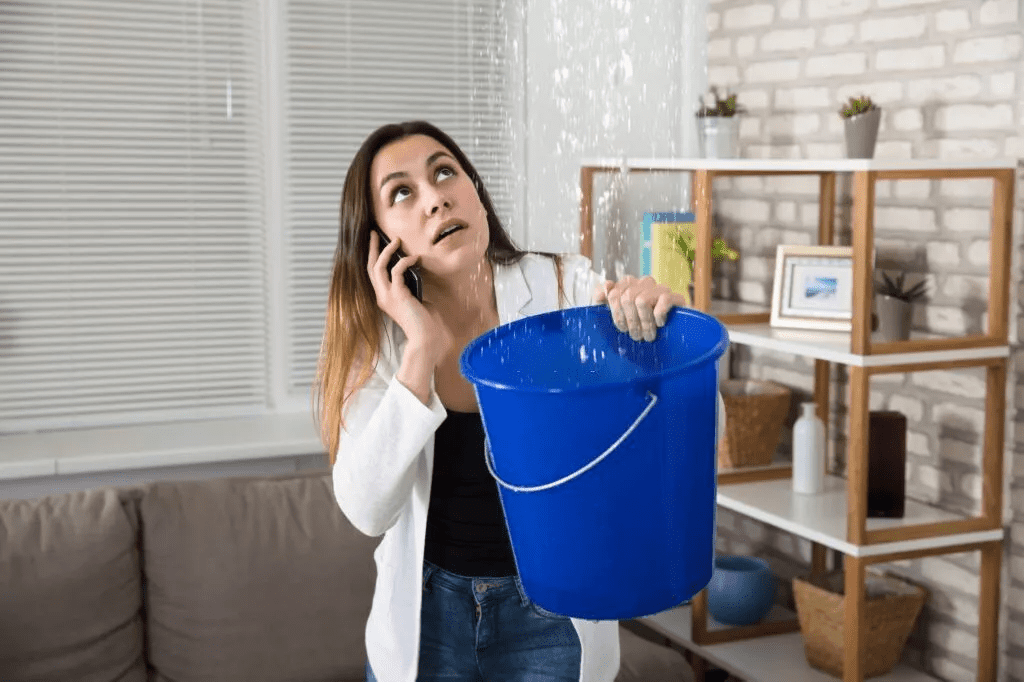
Are You Facing Water Damage from a Leak? At Aviva Insurance Adjusters, Inc., we manage water damage claims on a near-daily basis. Surprisingly, the most frequent non-weather related claims submitted by homeowners to insurance companies involve some form of water damage within the residence or commercial property.
A staggering 90 to 95% of all claims can be attributed to water damage. Consequently, some insurers attempt to restrict coverage for such damages. We encourage you to carefully examine your policy to ensure it does not contain a $10,000 cap on water damage coverage.
The high frequency of water damage claims can be attributed to the numerous sources of water within your property that can potentially fail, leading to leaks and subsequent damage. We have dealt with claims arising from issues such as ruptured dishwasher supply lines, refrigerator ice maker hoses, shower trays, toilets, pipes beneath sinks, subterranean pipes, air conditioning condensation lines, and roof leaks. Inevitably, any of these water leaks can result in significant chaos and damage within your home.
Collateral Water Damage–what is it?
Contact or Call Aviva Today @ 877-351-1933 for a
Many homeowners may not realize the extent of damage even a small amount of water can cause to adjacent structures. In numerous cases, the surrounding structures may not be directly affected, but they must be removed to properly repair the initial damage, making them part of the claim.
Moreover, there are instances where restoration or emergency services companies may inadvertently cause damage while conducting dry-out or mold remediation procedures, which were not related to the initial water damage. These “incidental” damages are covered by your insurance policy, and your insurer is obligated to compensate. However, it’s not uncommon for insurance companies to overlook such details.
Example 1: Damaged drywall behind kitchen cabinets. How can a homeowner replace the affected drywall without entirely removing the cabinets? This is what we refer to as incidental damage.
Example 2: When removing a kitchen countertop, it’s necessary to also remove the backsplash.
Example 3: If water accumulates on the floor and soaks the baseboard, a water mitigation company must remove the board to ensure no moisture remains between the wall and baseboard, preventing potential mold growth behind the baseboard.
These examples illustrate that there is often more work and expense involved than initially apparent. It’s beneficial to have an experienced insurance adjuster assess the full extent of the damage to ensure no aspect is overlooked or underestimated.
It’s important to understand that relying solely on the insurance company’s adjuster to thoroughly evaluate your claim and account for every detail might not be the best approach. Remember, these adjusters work for the insurance company, not for you, and have a responsibility to their employer. For this reason, you should consider hiring a professional public or “independent” adjuster who will work on your behalf and ensure all damages are properly addressed.
Are you dealing with water damage due to a leak in your home? If so, please contact our office for a FREE consultation and inspection. You need an adjuster who prioritizes YOUR interests over those of the insurance company. Sound reasonable?
Call our office. We are ready to discuss your claim now. 877-351-1933
This post will help you narrow down if you have a leak in your home or business.Those are the obvious signs, but what about the not so obvious signs.
Here is a defenitive Test to Check For a Leak…….
The Water Meter Leak Test
If you got this far good job!![]()
![]() I hope this post helped you.
I hope this post helped you.
Coverage ultimately depends on the specifics of your insurance policy. In general, most insurance policies cover water-related damages, referred to as perils in insurance terms. As water damage is the most frequent type of claim, some insurance companies impose a cap, or limit, on the coverage provided. The average cap is usually around $10,000.
In any claim, including those for water damage, it’s crucial to take numerous photos as soon as you discover the damage. Additionally, after clearing any standing water, it’s highly recommended that you engage a water remediation company to ensure thorough drying of the affected areas. These professionals have specialized equipment for water extraction and their involvement can lend credibility to your claim.
Generally, no. If you were to spill a glass of water on the floor and quickly dry it, that would be considered a minor, accidental incident. However, if a pipe bursts beneath the floor, releasing 20,000 gallons of water, the situation goes well beyond a mere accident.
To file a water damage claim, you can either contact the phone number provided on your insurance policy or enlist the help of a public adjuster who will handle the process on your behalf.
Coverage for flood-related water damage largely depends on your chosen policy. Generally, most homeowners insurance policies do not include flood coverage. Flood insurance is often available as a separate policy.
The majority of homeowners insurance policies do cover water damage. However, it’s important to review your policy thoroughly, as some may contain exclusions.
First and foremost, stop the water source to minimize additional harm. Then, reach out to your insurance provider or engage a public adjuster to help you navigate the entire procedure.

Copyright © 2023 Aviva Insurance Adjusters, Corp.